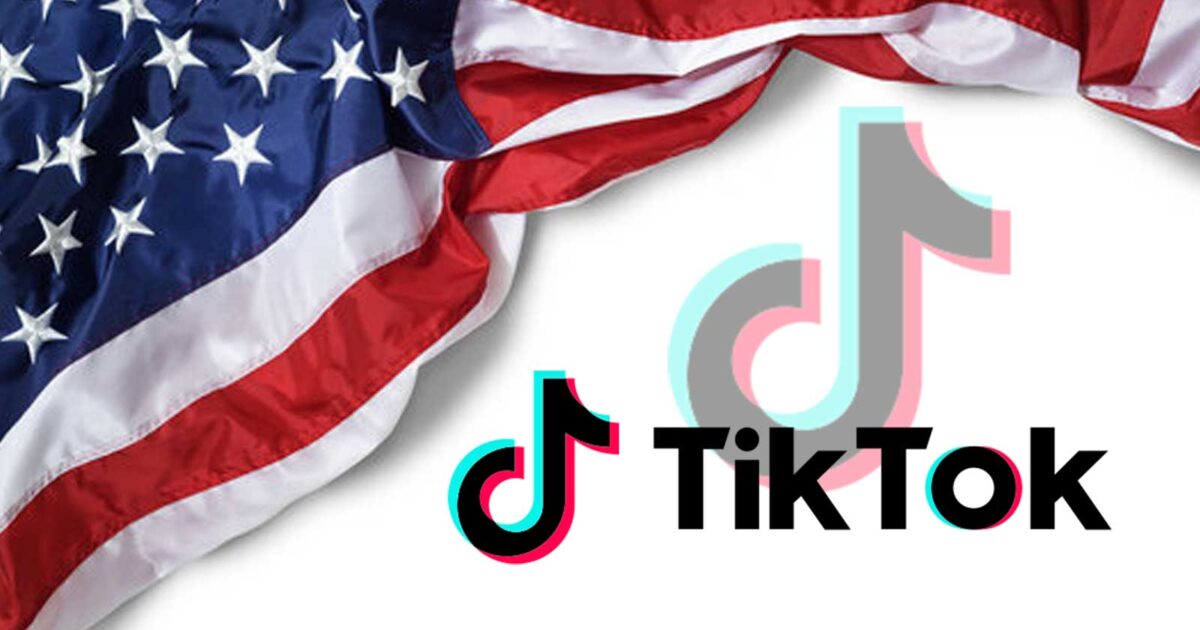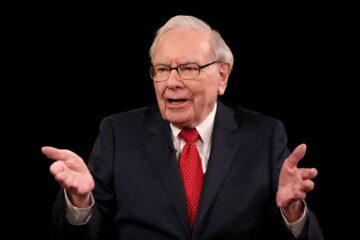
TikTok’s parent company, ByteDance, has opted to maintain a hands-off approach amidst the challenges confronting its popular video app in the United States.
Instead, it has entrusted the response to the local team and the CEO, Chew Shou Zi, a Singaporean, as they navigate potential legal battles involving either a forced sale or a ban, according to sources familiar with the situation.
This strategy diverges notably from four years ago when the then-US President, Donald Trump, sought to compel a sale of TikTok to American investors. At that time, ByteDance became directly involved following the resignation of its recently appointed COO and TikTok CEO, Kevin Mayer, who had been recruited from The Walt Disney Company, after just three months.
However, the current situation presents a contrast. Under the leadership of Chew, TikTok’s US team has demonstrated greater resilience and assertiveness. Their response to legislative proposals aiming to remove the app from Apple’s and Google’s app stores has been notably vigorous.
According to insiders, ByteDance has largely left the task of managing American political pressure to the TikTok team in the US. Recently, ByteDance’s only public statement regarding the issue was a brief denial of a Wall Street Journal report suggesting discussions about selling TikTok to potential buyers, attributed to company co-founder Zhang Yiming.
Both ByteDance and TikTok declined to comment on the matter when approached.
TikTok has made concerted efforts to underscore its importance to American users and businesses. This includes launching television advertisements featuring the hashtag #KeepTikTok in several states, such as Pennsylvania, Nevada, and Ohio. The campaign involves a diverse array of TikTok influencers and merchants advocating for the app’s significance.
These initiatives follow the passage of a bill in the US House of Representatives, which overwhelmingly supports compelling ByteDance to divest TikTok, labeling it a “foreign adversary controlled application” for the app to continue its operations.
TikTok has also invested over US$100,000 in Facebook and Instagram ads opposing the bill, according to reports from The New York Times citing Meta Platforms’ Ad Library.
External advertisements represent the latest tactic in a broader campaign that commenced within the TikTok app itself last month. Users received push notifications urging them to contact their congressional representatives and express opposition to the bill.
These efforts have yielded some success, as the bill’s momentum waned upon reaching the Senate, which has yet to establish a timeline for its consideration. Before reaching President Joe Biden’s desk for approval, the Senate must pass its version of the bill and reconcile it with the House’s version.
Thomas Liu, founder and CEO of the consultancy Policy Nexus, commented that TikTok’s strategy of mobilizing users to contact Congress aligns with democratic principles. However, he noted that some politicians might view the app’s in-app alerts as a potential means of influencing public opinion, suggesting alternative communication methods such as traditional media or other social platforms.
During a similar crisis in 2020, TikTok ran TV ads but did not directly engage its users. At that time, ByteDance issued public statements on multiple occasions over two months, including legal action against the Trump Administration and clarifications regarding ByteDance’s control over TikTok Global, a subsidiary jointly owned by Oracle and Walmart.
Since 2021, ByteDance’s founder Zhang Yiming has adopted a more reserved approach to media engagement after relinquishing his roles to Liang Rubo, his college roommate and co-founder.
Despite this, Zhang continues to wield significant influence over critical corporate decisions due to his ownership of shares with special voting rights, including those of TikTok, according to the Financial Times.
Chinese business publication Caixin, citing sources familiar with the matter, reported that ByteDance has no intention of selling TikTok, indicating it would be impractical within the stipulated 180 days.
Additionally, China’s regulatory requirements for technology exports, instituted partly in response to the Trump Administration’s actions against TikTok, would further complicate any divestment efforts by ByteDance.



